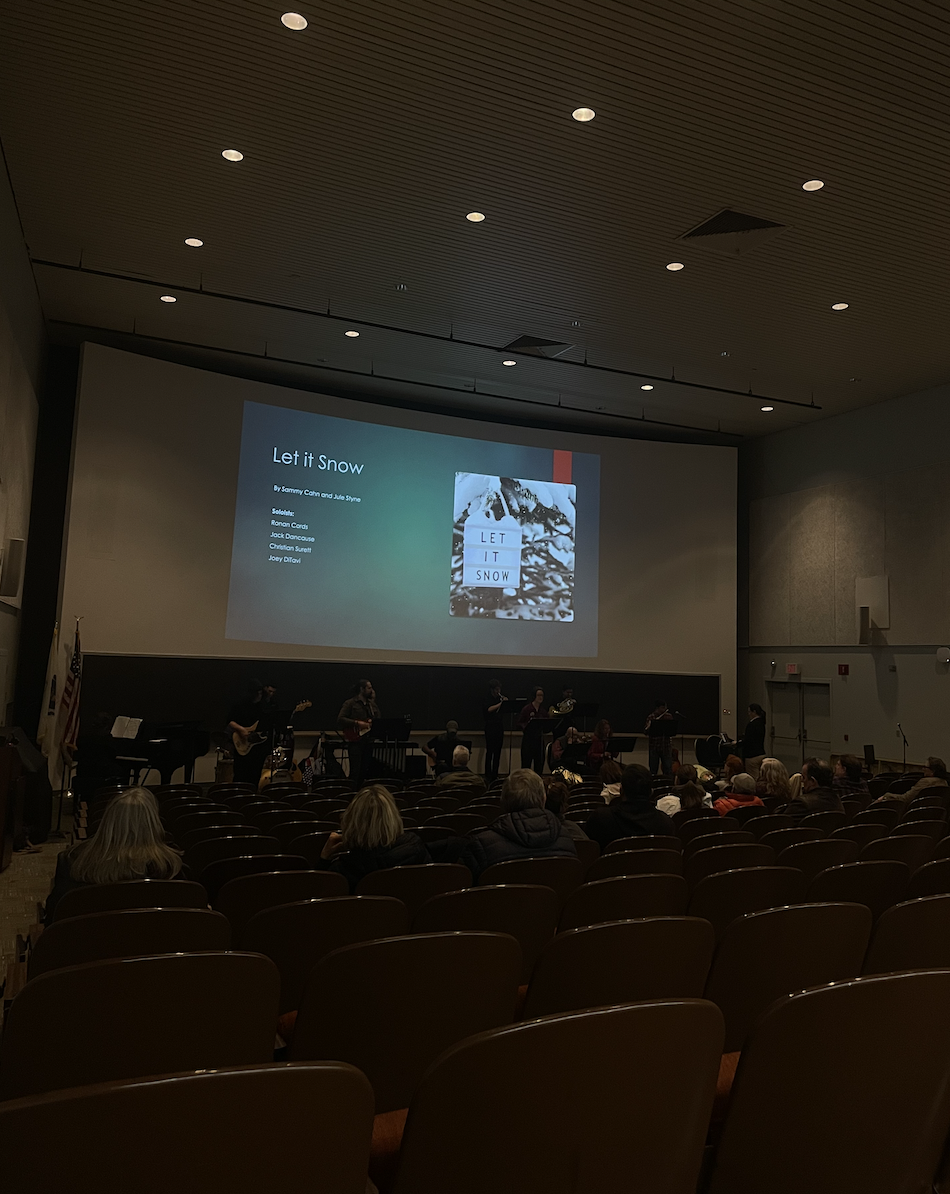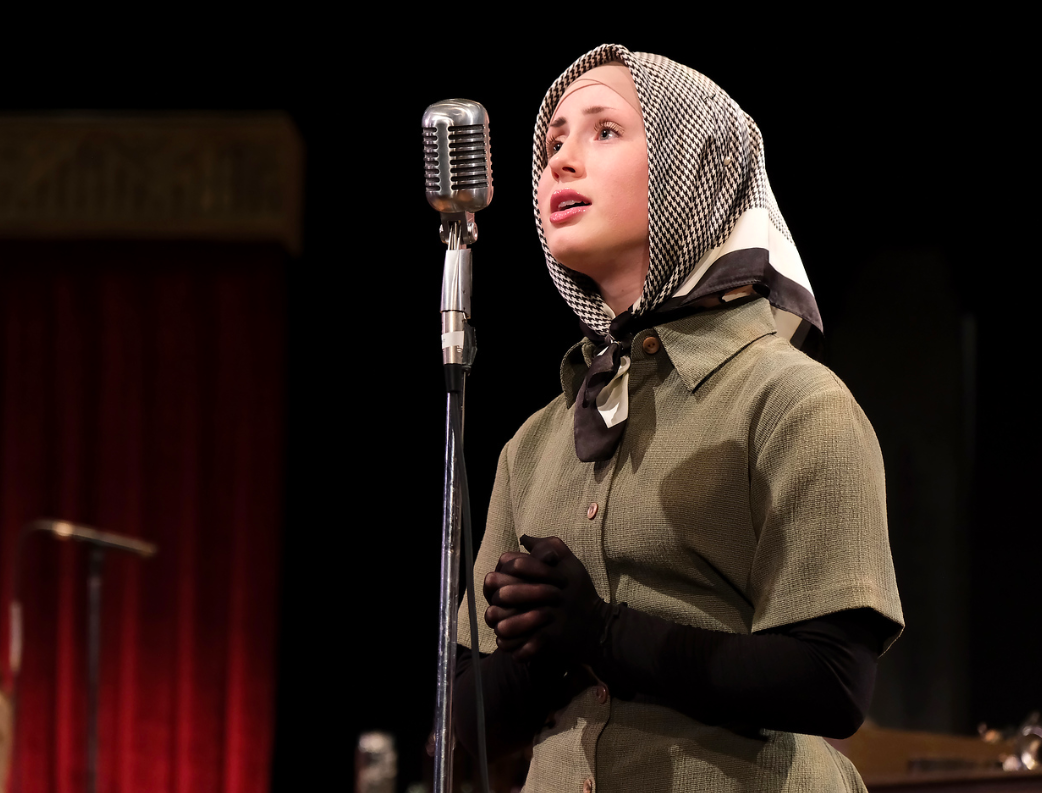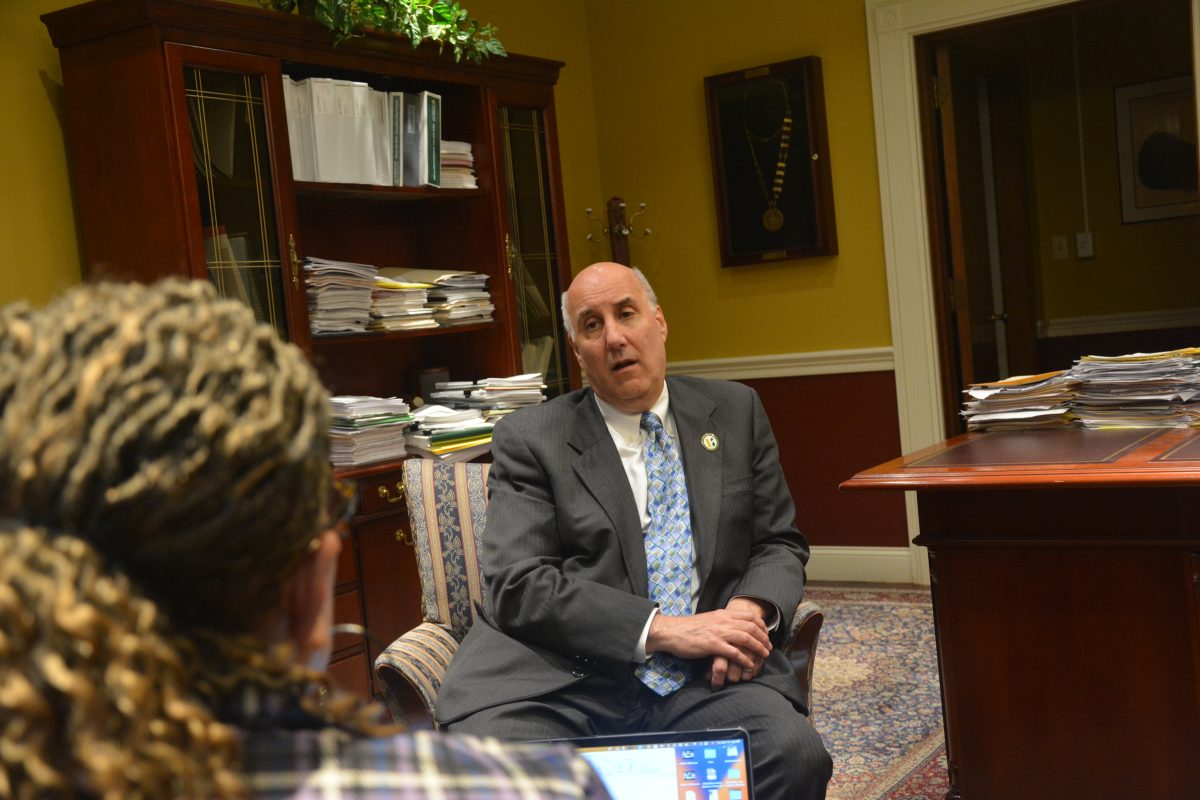The answer is simple: money. It all boils down to money, said Phil Bowers, the director of Dining Services at Fitchburg State University, on the question of why the dinner hours are not longer.
“The rush hour for dinner is between 5 and 6:30 p.m.,” Bowers said. “Not all students will eat later than that. If there are, it is only a minority.”
Taking into account of the number of students and staff, and the size of the institution, Fitchburg State offers a good balance between the food value and the meal plans students pay for, compared to other universities.
Comparing Fitchburg State to Bridgewater State University as an example, the former’s Freedom meal plan, in which students can eat as many meals in a day as they want, costs $1,435; while the latter does not offer a Freedom meal plan, it offers the Platinum meal plan, which has a higher cost of $1,987 of 150 meals and $700 in dining points. Fitchburg takes into account keeping the cost of meal plans low, while still serving the best food that the staff can.
“When exactly is later?” Bowers asked. “Because that is one of the reasons the Commuter Café is available for Fitchburg residents.” The Commuter Café, located in the basement level of the Hammond Building, is a retail “store” that is open until 10 p.m. The meaning of retail is: “pay as you go,” in contrast to the Holmes Dining Hall, which students have already paid for and have to eat there (without taking any food outside of the hall).
“If Fitchburg [Holmes Dining Hall] opens for longer dining hours, there would be an increase on the meal plans, and most likely it would be a minority of the students would eat at later hours,” Bowers said. Using Bridgewater as an example again, the state university operates its dining hours similarly to Fitchburg, but it opens three dining halls on campus, one of which stays open until 11 p.m. for those who want to eat later. As Bowers explained, “Thinking of the economic scale, by opening later, there would have to be an increase on the meal plan’s cost, and not all students will eat later, and yet that increase would affect all students because they are paying for the dining hall to be open longer. Like I said, the rush hour for dinner is between 5 to 6:30 p.m. If students want to eat later, they have the Commuter Café as an option to buy something.”
While students complain about the dining hours not being longer, Bowers emphasizes that by increasing the meal plans for Holmes to stay open later, the increase in money would affect all students, although not all will eat a full meal later than 6:30 p.m.







